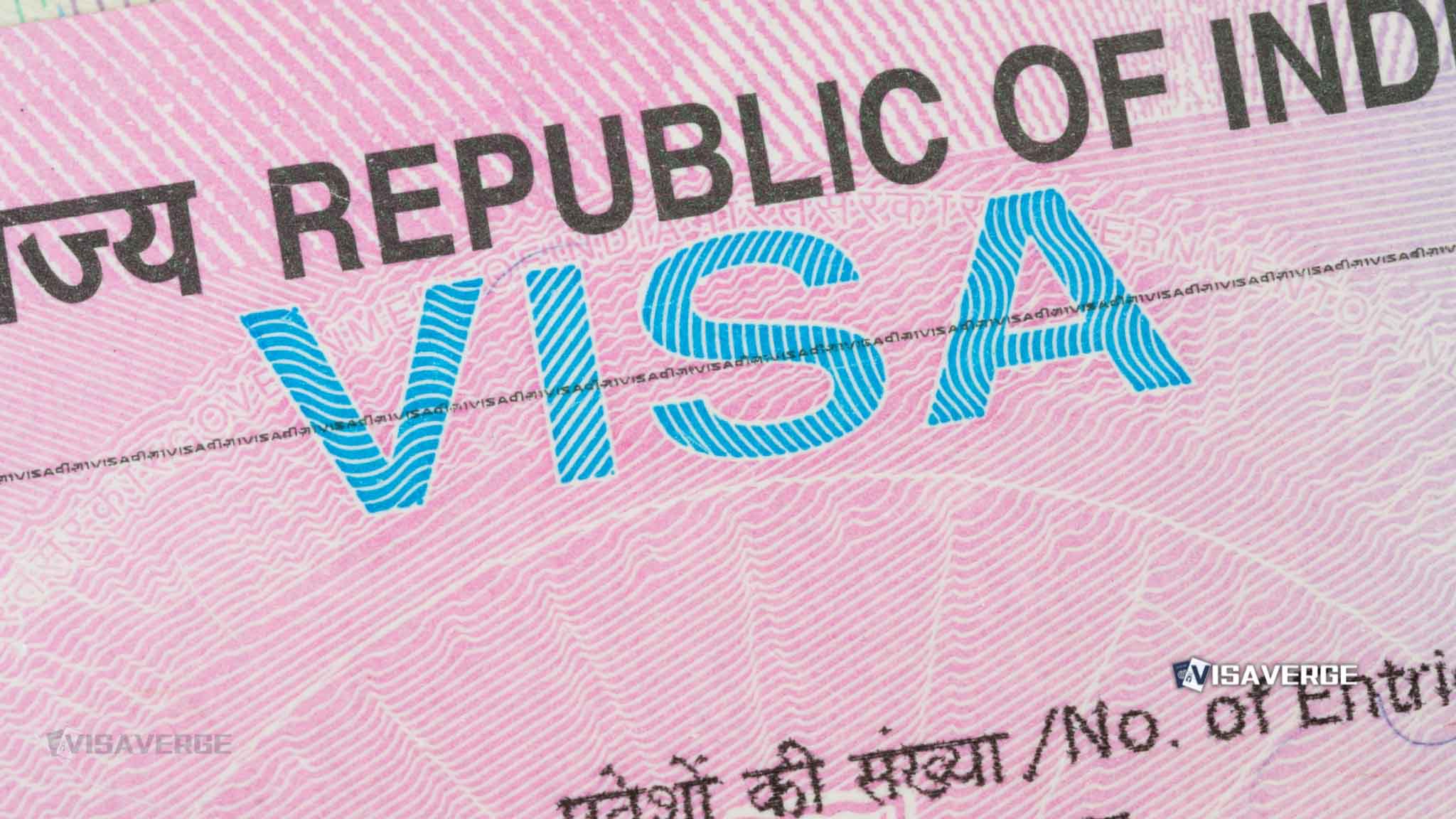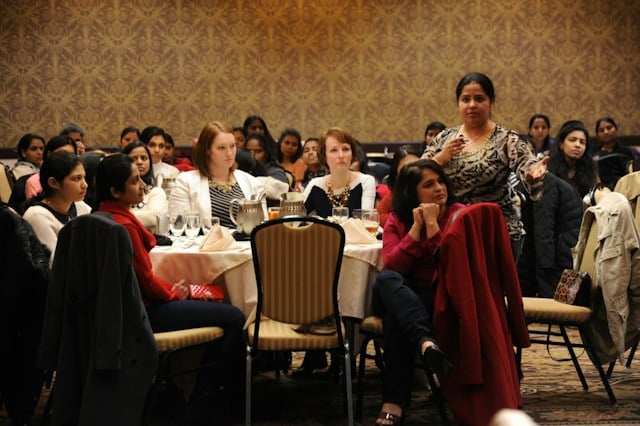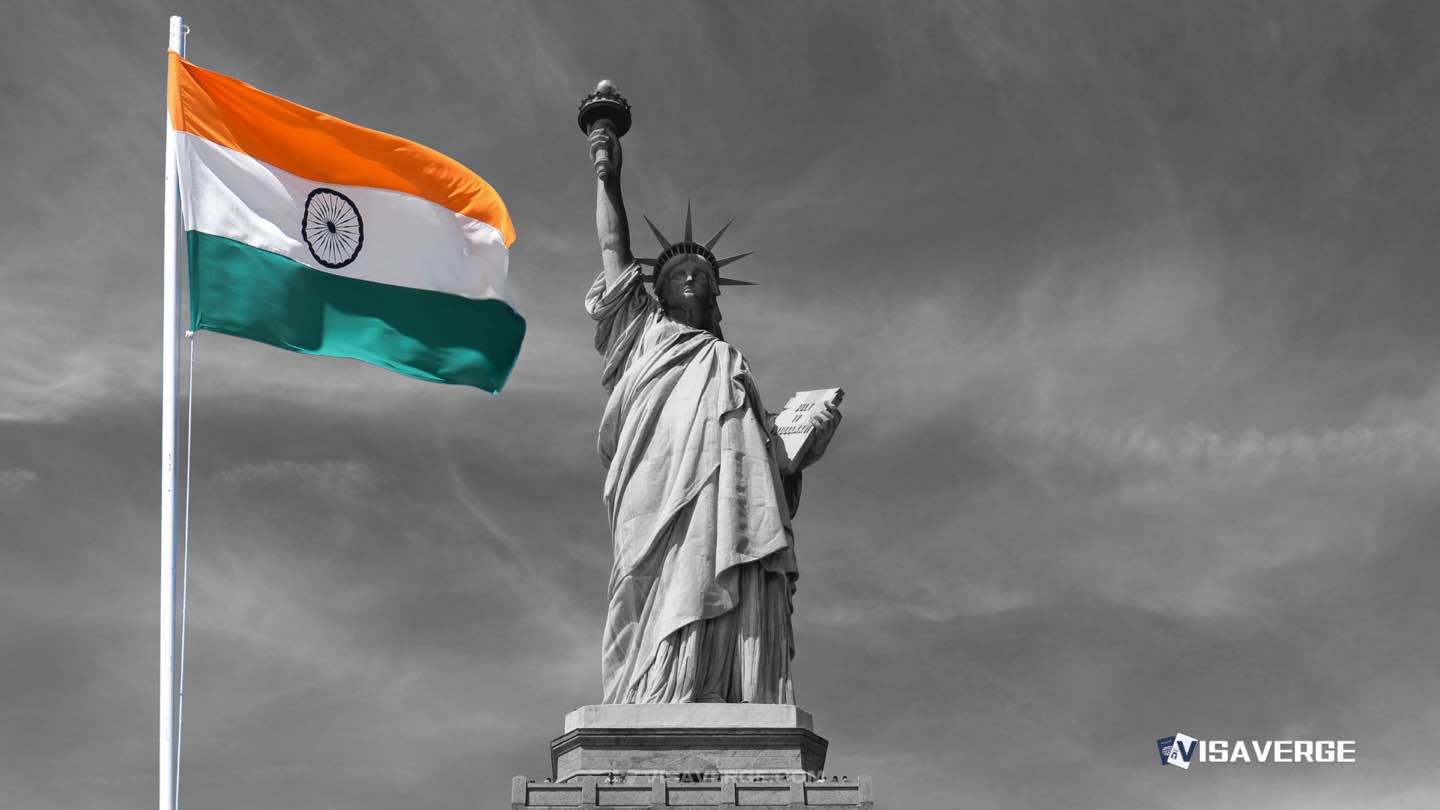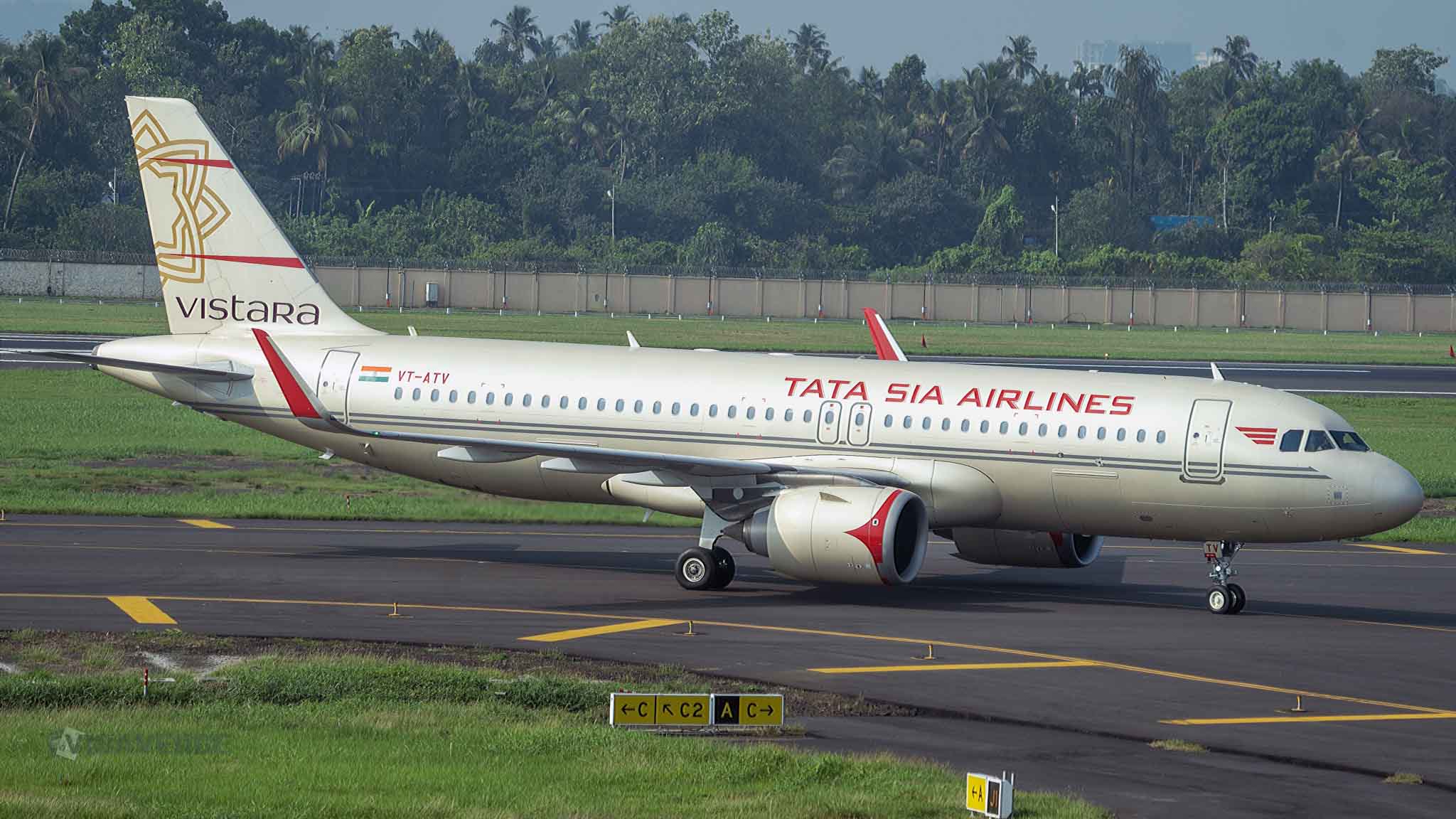(CHENNAI, INDIA) A former U.S. congressman has accused American officials of allowing “industrial-scale fraud” in the H-1B visa system, claiming that the U.S. Consulate in Chennai processed about 220,000 H-1B visas in 2024 even though U.S. law sets a yearly cap of 85,000. The allegation, made by ex-Representative and economist Dr. Dave Brat, has triggered anger, confusion, and worry among tech workers and visa applicants across southern India, where Chennai is one of the busiest U.S. visa posts in the world.
The core allegation and its implications
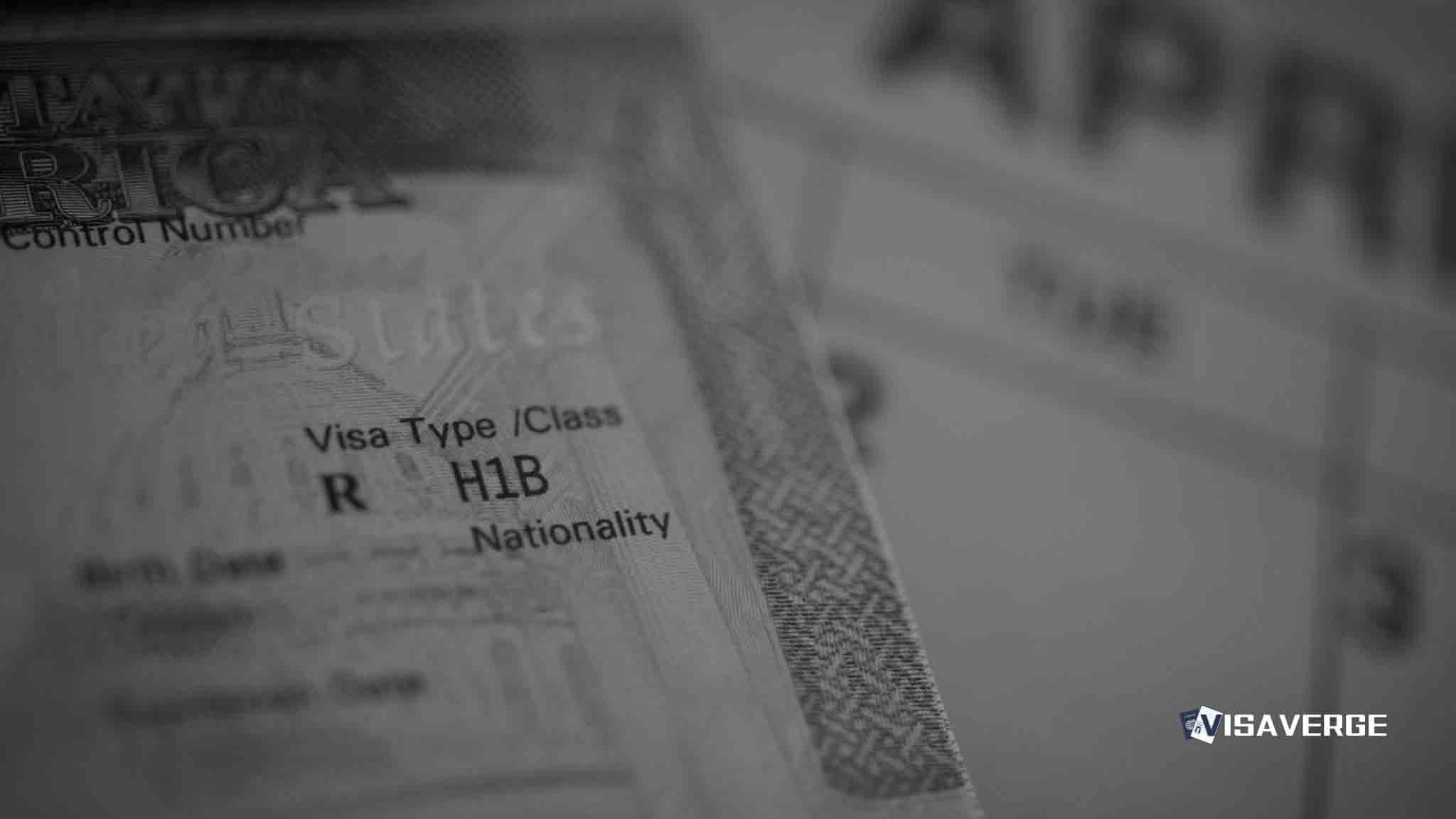
Brat’s public comments center on a simple, explosive comparison. He says the consulate in Chennai alone handled 220,000 H-1B visas in a single year, while the total U.S. statutory cap for new H-1B visas is 85,000 worldwide. That cap consists of 65,000 under the regular cap and 20,000 for applicants with advanced U.S. degrees.
If Brat’s figures are accurate, the Chennai consular district — which serves four Indian states — processed more than 2.5 times the total annual cap for the entire United States. This claim has intensified scrutiny of how visas are issued and whether systemic safeguards are adequate.
Quick reference: key numbers
| Item | Number |
|---|---|
| Claimed H-1B visas processed by Chennai in 2024 (Brat) | 220,000 |
| U.S. statutory annual H-1B cap (total) | 85,000 |
| Regular cap | 65,000 |
| Advanced-degree exemption | 20,000 |
Why Chennai matters
The consulate in Chennai covers Tamil Nadu, Karnataka, Kerala, and Telangana, including major technology hubs and outsourcing centers. It has long been known as one of the busiest H-1B visa processing centers globally, serving huge numbers of Indian IT workers and outsourcing professionals whose careers depend on access to the U.S. labor market.
Brat argues that this level of activity, tied to numbers he says far exceed legal caps, shows the H-1B system has been “captured” by networks that exploit loopholes and commit fraud on a massive scale.
“These are not small paperwork mistakes,” Brat has said, describing what he calls “industrial-scale fraud” within the H-1B pipeline linked to Chennai.
He further claims the system for issuing H-1B visas has been taken over by groups that know how to exploit weak checks, and that U.S. agencies have allowed this to grow over many years. While he has not released the underlying data behind the 220,000 figure, his statement has gained attention among critics of U.S. work visa programs and among workers in India who fear a backlash.
Corroborating testimony: Mahvash Siddiqui’s account
Brat’s claims echo earlier, detailed allegations from Mahvash Siddiqui, a former U.S. Foreign Service officer who served at the Chennai consulate between 2005 and 2007. Siddiqui has alleged that during her tenure, 80–90% of H-1B visas issued to Indian nationals involved some kind of fraud.
She described specific forms of fraud:
– Forged degrees
– Fake employer letters
– Proxy interviews
– Bribery
Siddiqui pointed to Hyderabad’s Ameerpet area as a major center for forged certificates and fake training records, claiming it produced supporting documents that applicants used to secure H-1B visas through posts like Chennai. According to her, entire business chains grew around supplying fake credentials to people seeking to go to the United States.
Internal objections and alleged political pushback
Siddiqui says consular staff in Chennai went so far as to send a formal dissent cable to the U.S. Secretary of State, describing what they saw as widespread fraud. (Dissent cables are internal messages used by U.S. diplomats to express serious concerns when normal channels appear ineffective.)
She alleges that:
– The dissent cable and fraud investigations were overturned due to political pressure from higher levels in Washington.
– Anti-fraud efforts were labeled “rogue operations.”
– Attempts to tighten scrutiny were blocked or rolled back, treating aggressive review as a problem to contain rather than a warning of systemic failure.
Siddiqui’s account portrays line officers trying to halt fraud while political and economic interests pressured to keep visa numbers flowing.
Broader debate: responsibility and systemic weaknesses
These accounts fuel a broader debate about responsibility for problems in the H-1B system. Key positions include:
- Critics argue that while fraud exists among some applicants and middlemen in India, U.S. government oversight and systemic loopholes have allowed fake documents and shell employers to thrive. They say it’s insufficient to blame only applicants or local operators when U.S. authorities have been warned and have not implemented strong enough checks.
- Advocates for stricter controls argue that if numbers like 220,000 H-1B visas processed in one consular district are even approximately accurate, this would show a structural disconnect between the legal cap and real-world practice. They question whether companies and visa brokers have found ways to:
- Recycle visa slots
- Re-issue visas
- Shift people between categories to bypass public scrutiny
Some observers warn that claims of industrial-scale fraud at posts like Chennai could also fuel anti-immigrant politics in the United States — even though many applicants may have followed the rules.
Human impact in southern India
For applicants and families across Tamil Nadu, Karnataka, Kerala, and Telangana, the debate is very real. Many have invested heavily in:
– Education
– Training
– Visa support services
Public claims that 80–90% of H-1B visas issued to Indians in a past period were tainted by forged degrees or bribery create fear that honest applicants will face increased suspicion or tougher rules because of others’ wrongdoing.
Official response and transparency gaps
As of November 26, 2025, there has been no official confirmation or denial from either the U.S. Department of State or U.S. Citizenship and Immigration Services (USCIS) about Brat’s specific figure of 220,000 H-1B visas processed in Chennai in 2024.
U.S. officials have also not publicly acknowledged the scale of fraud alleged by Brat and Siddiqui, and they have not announced any new investigations or policy changes directly in response to these claims. The lack of an official reply leaves space for speculation and means there is no verified public data yet to support or disprove the numbers being discussed.
According to analysis by VisaVerge.com, the mismatch between the global 85,000 cap and the claimed 220,000 H-1B cases at Chennai highlights how little public information exists on per-consulate visa processing volumes, especially for Indian tech workers. The site notes growing pressure for transparency about how many H-1B visas each post issues and how closely those numbers match statutory limits set by Congress.
Key questions experts say need answering
Policy experts emphasize that only official data can resolve the controversy. Important questions include:
- How many H-1B visa interviews and issuances did the Chennai consulate complete in 2024?
- How do those numbers compare with other U.S. posts in India and worldwide?
- What share of those cases involved renewals, transfers, or other situations outside the new cap of 85,000, and what share counted directly against that cap?
Without clear answers, applicants in India and workers already in the United States are left uncertain about how these fraud allegations might affect future H-1B visas, especially for cases processed through Chennai.
Anti-fraud checks and institutional dynamics
The debate also draws renewed attention to how anti-fraud checks are handled inside consulates. Siddiqui’s description of investigations being labeled “rogue operations” and blocked due to political pressure suggests that internal watchdogs may face strong pushback when they try to tighten controls.
If true, this would raise concerns not only for Chennai but for other posts that handle large numbers of employment-based visas.
Where to look for official information
For readers seeking official policy rather than political claims, the main public reference points remain the websites of USCIS and the U.S. Department of State. The Department of State’s visa pages, including the section on work visas at U.S. Department of State – Visas, explain legal caps, categories, and general rules for H-1B and other work visas, though they do not break down processing volumes by consulate.
For now, Brat’s phrase “industrial-scale fraud” and Siddiqui’s claims of 80–90% fraudulent cases among Indian H-1B applicants remain unverified by a formal, detailed response from Washington. In Chennai and across southern India, people who have spent years building careers around the promise of work in the United States watch closely, worried that a system already seen as complex and uncertain could become even harder to trust if these allegations are left unaddressed.
Dr. Dave Brat alleges the U.S. Consulate in Chennai processed about 220,000 H-1B visas in 2024, surpassing the 85,000 annual cap. Former officer Mahvash Siddiqui has separately claimed that 80–90% of past H-1B issuances in India involved fraud such as forged degrees and proxy interviews. U.S. agencies have not verified the numbers or announced investigations, prompting calls for transparency, independent audits, and stronger anti-fraud measures to protect legitimate applicants.










